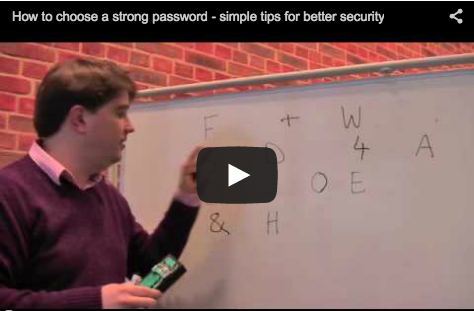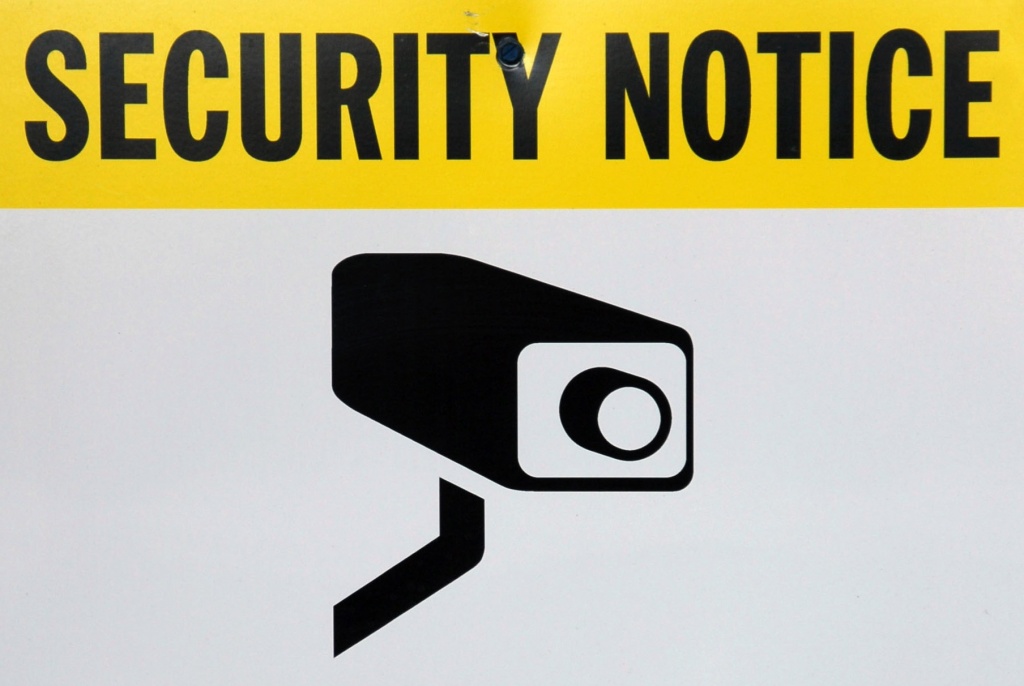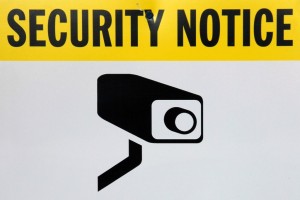Secure Password Database solutions
(in order of our preference):
| Lastpass | 1Password | Keepass | RoboForm | |
|---|---|---|---|---|
| Cost | Free or Premium $12/year Compare versions | One time fee $49.99 mac or pc $14.99 iphone or ipad 30 day demo available | Free Exception: iphone & ipad apps ($0.99 and up) | Free or $19.95/year RoboForm Everywhere or one time fee (not recommended): $29.95 Roboform Desktop Compare Versions 30 day demo available |
| Does not require an outside service to to sync across multiple devices. | Yes - just log in and go. (Must have internet access in order to update on mobile devices.) | No - Need dropbox or similar to sync across multiple devices. | No - Need dropbox or similar to sync across multiple devices. | Yes - Roboform Everywhere (online). No - Roboform Desktop requires dropbox or their recommended GoodSync to sync across multiple devices. May only sync to other computers with the software. |
| Computer Platforms | PC Mac Linux | PC Mac | PC Mac Linux | PC Mac Linux |
| Mobile Platforms | Premium Accounts only: iPhone Blackberry Android Windows Mobile Windows Phone 7 HP WebOs Symbian S60 | iPhone Android and windows phone 7 in beta | iPhone Android (beta) Blackberry Windows Phone 7 Pocket PC & smart Devices Palm OS converter | iPhone Android Blackberry Windows Mobile Palm Symbian |
| Encryption Type | 256-bit AES exclusively encrypting and decrypting on your local computer. No one at LastPass can ever access your sensitive data. Full tech details | 128-bit AES Full tech details | 256-bit AES (default) or 256-bit Twofish Full tech details | 256-AES or Blowfish, RC6, 3-DES or 1- DES algorithms Full tech details |
| Fills forms in browsers | Yes: Internet Explorer FireFox Chrome Safari | Yes: Internet Explorer FireFox Chrome Safari detail | No | Yes: Internet Explorer FireFox Chrome Safari |
| Quickly Generate Secure passwords with program | Yes | Yes | Yes | Yes |
| Special details (things that the others don't do) | Share passwords securely with other lastpass users ("share" option does not disclose the password, "give" option lets the password to be seen by the other person.) | Open Source OSI certified | ||
| Independent security audit (a knowledgable outside party checking the code) | Sorta - as of Jul 18 2014, it's the closest thing any of these have to an independent audit: http://blog.lastpass.com/2010/07/lastpass-gets-green-light-from-security.html | No | Code is open for review but hasn't been specifically audited by a knowledgable entity with results posted | No |
https://youtu.be/dnFFVPsLULs



 BE SMART WITH YOUR PASSWORDS:
BE SMART WITH YOUR PASSWORDS: